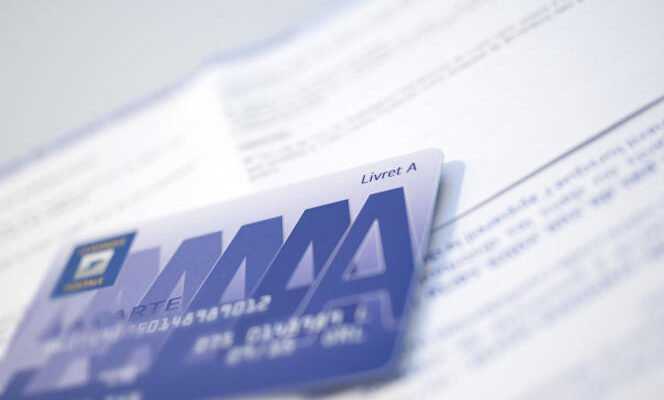By dint of seeing the Livret A rate decrease, or stagnate at historically low levels, we had almost forgotten… that it could also grow. It will be done on the 1er February, for the first time in ten and a half years. The new rate will be 1%, compared to 0.50% since February 2020, announced the Minister of Economy, Bruno Le Maire, on January 14. on TF1.
Ditto for the Sustainable and Solidarity Development Booklet (LDDS). This doubling results from the application of the formula for fixing the rate, which takes into account half the inflation of the last six months, half the short-term interbank interest rates. Application finally accompanied by a little help from the government – the strict formula would indeed have resulted in a slightly lower rate, 0.8%.
This gesture was offers by the Governor of the Banque de France, followed in his recommendation by Bercy. Not enough, however, to completely offset inflation, estimated for the month of December 2021 by INSEE at 2.8% over one year.
On the other hand, a more spectacular increase in remuneration will take place in February for the little-known People’s Savings Account (LEP), which can be opened by people not exceeding a certain level of income and to which about half of those over 18 would be eligible. From 1% to 2.2%. Without a boost here, however: it is the strict application of the formula, which provides for a rate at least equal to inflation.
Nearly 470 billion euros in assets
By widening the gap between the Livret A rate and that of the LEP, current inflation shines the spotlight on the change in regulated savings software, caused by the latest reform of the calculation of its remuneration rates, enacted in 2018 : the passbook aimed at protecting against inflation is now the LEP, reserved for the less fortunate and capped at 7,700 euros, i.e., for many, an appropriate level of precautionary savings, while the Livret A and the LDDS, accessible to all and capped at 22,950 euros and 12,000 euros respectively, no longer have this vocation.
It is true that over the years, with the swelling of their total outstandings (rising from just under 265 billion euros at the end of 2010 to nearly 470 billion end of November 2021), and the concentration of these outstandings, Livret A and the LDDS have become less and less synonymous with “popular” savings, at least in the sense of “savings for the less fortunate”.
Hence the voices that are regularly raised to reform these booklets and reduce the tax and social advantages that the wealthiest can derive from them – a family with two children can thus save today on these booklets up to 115,800 euros without income tax or social security contributions on his earnings.
You have 59.99% of this article left to read. The following is for subscribers only.
